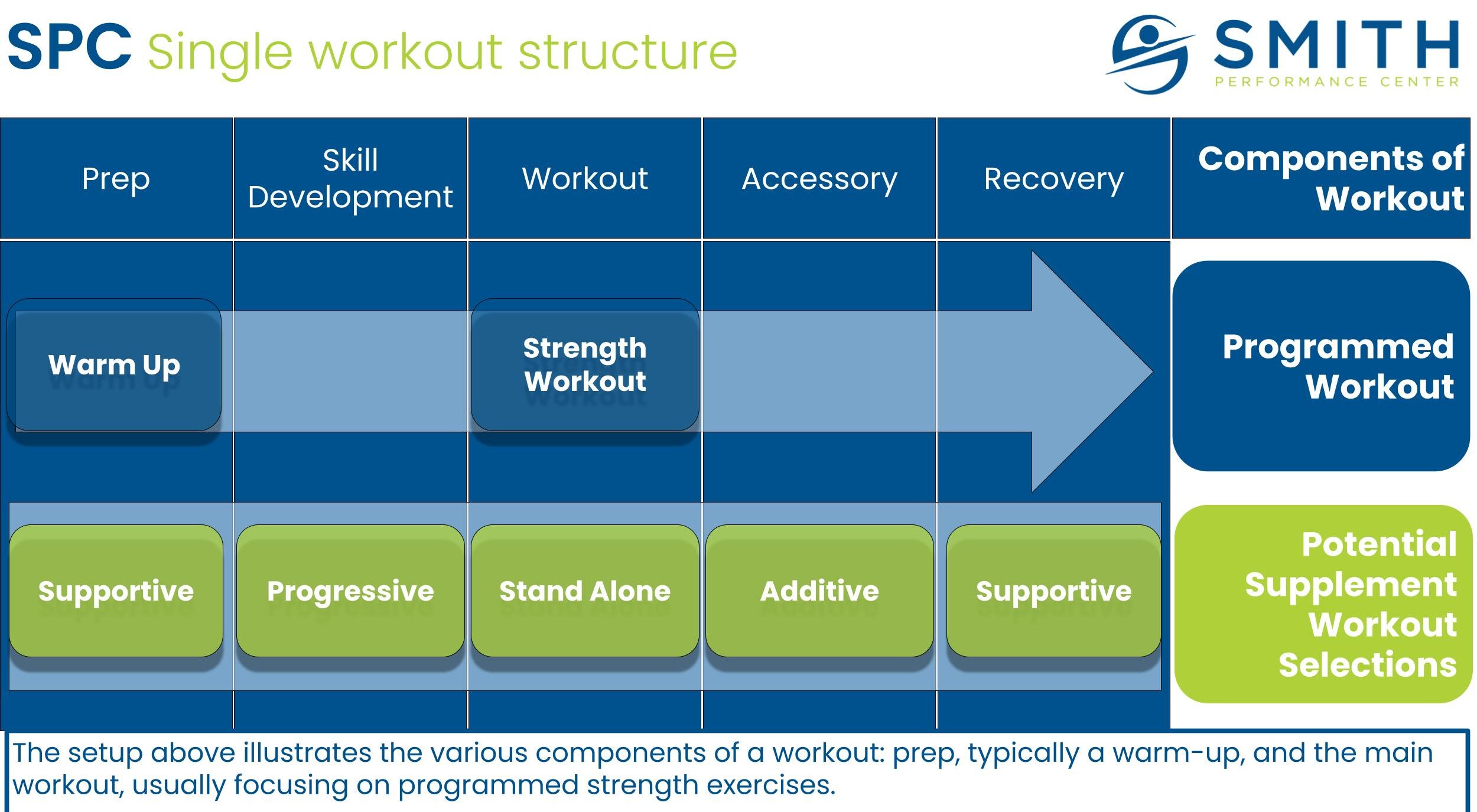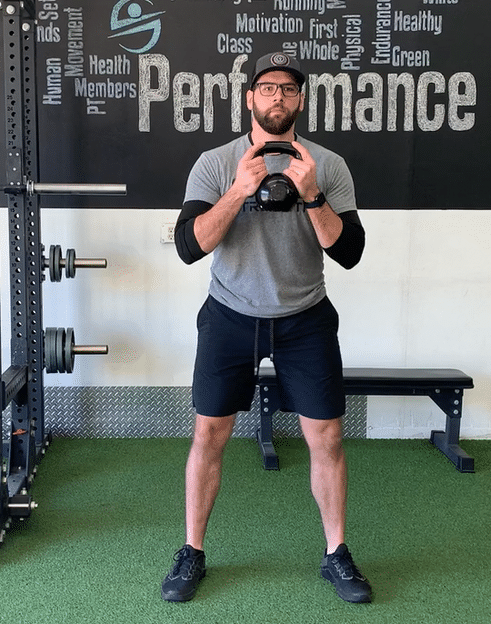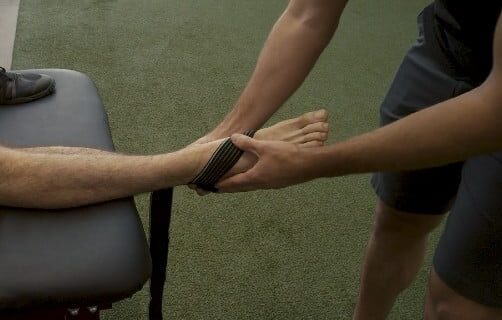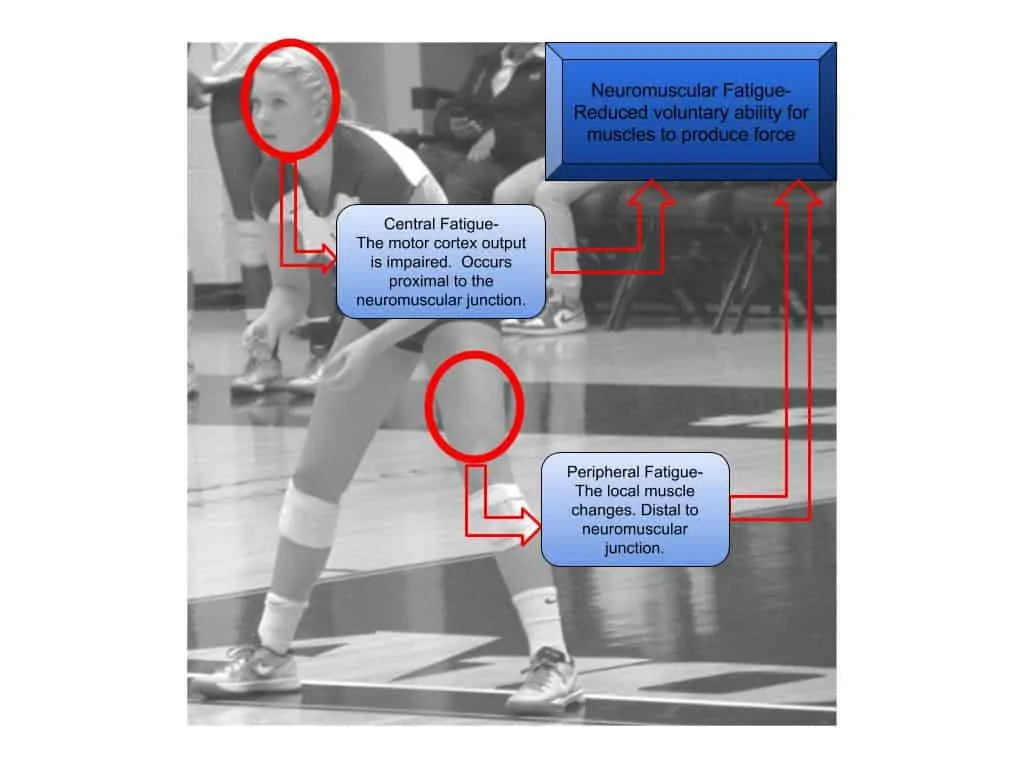
How to use On Demand Supplement Workouts within your normal exercise routine
At SPC, we’re excited to announce that our supplemental workouts will be available on our On Demand platform. However, we understand that there may be a learning curve associated with incorporating these workouts into your routine. That’s why we want to ensure you have the resources to make the most of this valuable tool for future reference. If you’re unsure about what the supplemental programs entail, we encourage you to check out our blog post, ‘ The 4 Types of SPC Supplemental Workouts.‘ We will go into each aspect of the workout, why, and when to add the supplemental workouts. Understanding the Structure: Components of a Workout A single workout, at the most simple level, should include a prep component and a workout component. But this misses other aspects that often occur at SPC. Let’s define these components first: Prep: Getting your body ready for exercise. Skill Development: Learning or




